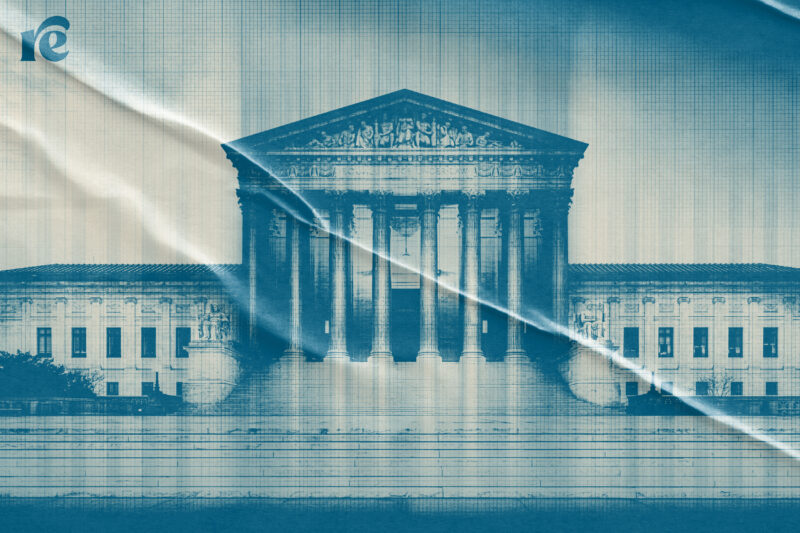Is Supreme Court Reform Finally Near?
It’s a decent step—but politically, a lot still needs to happen to make Biden’s proposals a reality.

This piece first appeared in our weekly newsletter, The Fallout.
This week, President Joe Biden proposed a series of Supreme Court reforms, and all I can say is that it’s about freakin’ time.
Here’s what Biden proposed, originally laid out in the Washington Post:
First, the “No One Is Above the Law Amendment” is a proposed constitutional amendment that denies former presidents immunity for crimes committed while in office. It’s a testament to just how corrupt the Supreme Court has become under Chief Justice John Roberts’ watch that we’re even having a conversation about amending the Constitution to address it. We also need to face the reality that conservatives will fight this proposal tooth-and-nail.
Second, term limits for Supreme Court justices. Under Biden’s proposal, the president would appoint a justice every two years, and they would spend 18 years in active service on the Court before essentially being rolled off the bench. By way of example, this October is the start of Clarence Thomas’ 33rd year on the bench. Imagine a world where he got moved into retirement 15 years ago, whether he wanted to or not.
Finally, Biden also proposes a binding and enforceable ethics code for Supreme Court justices, who would be required to disclose gifts, refrain from public political activity, and recuse themselves from cases in which they or their spouses (*cough* Ginny Thomas *cough*) have financial or other conflicts of interest.
While it’s not expanding the Court—which we at Rewire News Group have been calling for for years—these proposals are an important step in the right direction toward addressing the conservative legal movement’s complete ideological capture of the Court. Politically, a lot needs to happen to make these ideas a reality.
Importantly, Vice President Kamala Harris endorsed the reforms almost immediately after they were announced. That means the needle has officially moved on court reform—and a little more than two weeks before the Democratic National Convention.
